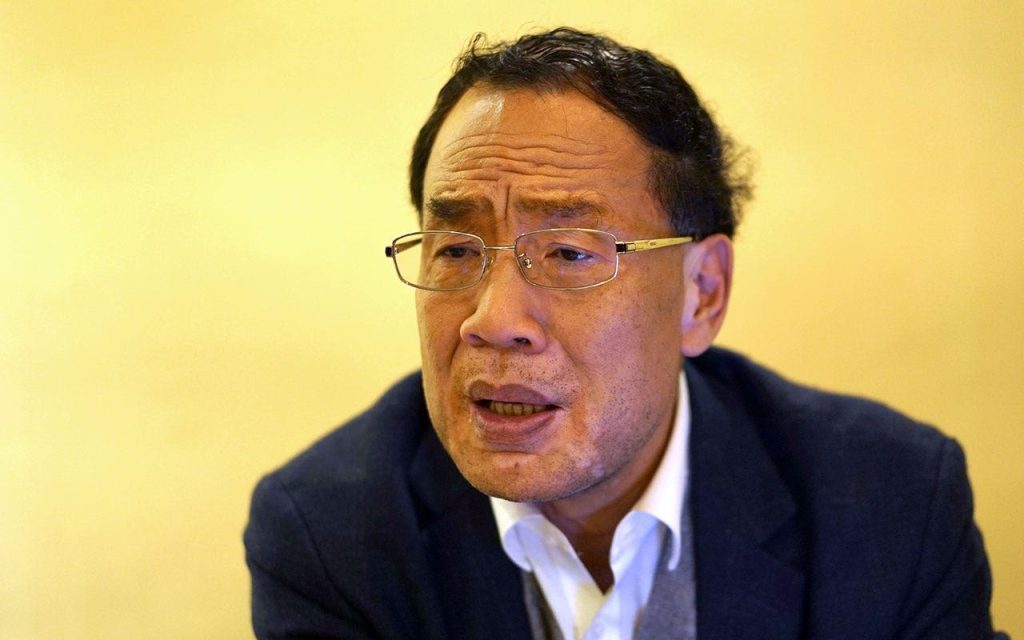Zhang Yongzhen, the first scientist to publish the COVID-19 virus sequence in China, staged a sit-in protest outside his lab after being locked out by authorities. He was notified of eviction from his lab, with the Shanghai Public Health Clinical Center claiming it was for safety reasons and offering an alternative space. This incident is seen as a sign of Beijing’s pressure on scientists studying the coronavirus, demonstrated by a series of setbacks, demotions, and ousters Zhang has faced since publishing the sequence in January 2020 without state approval. He sat outside the lab in protest, indicating his determination to pursue science and the truth.
Zhang’s lab was closed for renovation and safety reasons, according to the Shanghai Public Health Clinical Center, which provided his team with an alternative laboratory space that was not up to safety standards. This reflects China’s efforts to control information related to the virus, as seen in how labs have been closed, collaborations disrupted, foreign scientists forced out, and Chinese researchers restricted from leaving the country. Zhang’s struggles began when he decoded the virus in January 2020 and warned Chinese authorities of its potential to spread, leading to pressure from Chinese officials when they learned he had published the sequence without permission.
Sequencing the virus is crucial for developing test kits, disease control measures, and vaccines. Zhang’s decision to publish the sequence of the coronavirus despite lacking government permission played a significant role in understanding and combating the virus. While he received recognition and awards for his work, his lab faced additional scrutiny, with Zhang being removed from his post at the Chinese Center for Disease Control and Prevention and barred from collaborating with former partners. Despite the challenges, he continued his research, highlighting his dedication to scientific inquiry despite the obstacles he faced.
Zhang’s situation was highlighted in an online post where he expressed his commitment to science and the truth, even as authorities tried to impede his work. Chinese authorities pressured him to prevent him from publishing the virus sequence, but he defied them and faced consequences for his actions. Zhang’s publication of the virus sequence led to breakthroughs in understanding the virus and was crucial in the global response to the pandemic. However, his defiance of government censorship cost him professionally, as he was sidelined and prevented from fully utilizing his expertise in the fight against COVID-19.
The struggles faced by Zhang Yongzhen are emblematic of the challenges scientists in China encounter when researching sensitive topics, particularly those related to government-controlled information such as the COVID-19 virus. Zhang is not the only scientist to face pressure and retribution for defying government restrictions, as Chinese authorities seek to control the narrative surrounding important discoveries that impact public health and global security. Despite facing obstacles and setbacks, scientists like Zhang remain committed to their work, driven by a pursuit of knowledge and the truth, even in the face of authoritarian pressure and censorship. Zhang’s actions have shown the importance of scientific freedom and transparency in combating public health crises like the COVID-19 pandemic, underscoring the need to support scientists who are willing to challenge authority in pursuit of scientific progress and public health.


